Nabucco
Giuseppe Verdi
Opera in four acts
Libretto: Temistocle Solera after Auguste Anicet-Bourgeois and Francis Cornue
World premiere: 9 March 1842, Regio Teatro alla Scala, Milan
Warsaw premiere: 25 February 1854, Teatr Wielki
Premiere of this production: 26 June 1992
In the original Italian with Polish surtitles
Close to two hundred people onstage, five horses, monumental sets and opulent costumes: Marek Weiss’s production of Nabucco is total theatre, synthesis of arts. ‘They don’t make opera like that anymore,’ which is all the more reason to go and see it. It is a historical performance in the exact sense of the word. First, it has been the cornerstone of the Polish National Opera’s repertoire since 1992. Second, it is intentionally staged as it would have been by Verdi’s contemporaries: with an emphasis on monumentality and circus-like, attractions. Musically, it is not a typical Verdi, but a mixture of opera and oratorio. Ultimately, it is the chorus that takes central stage, its constant presence culminating in Va pensiero, the most famous choral aria in human history. Performed by the Chorus of the Polish National Opera it is simply overwhelming, especially as it is sung in front of the safety curtain (where the Wailing Wall is projected), which enhances and reflects the sound. The director meant the production to be a pastiche of 19th-century opera, which justifies the clash of the lofty and the earthbound. Nabucco’s horseback aria sends chills not only down the audience’s spines. Sometimes it also stirs the animal, which – let us say – releases the tension enriching the desert-like set with a new prop reminiscent from the distance of the gravel of the hamada.
Cast
Credits
Synopsis
Sponsors
-
Partnerzy Akademii Operowej
-
Partnerzy Teatru Wielkiego - Opery Narodowej
-
Partner spektaklu
-
Patroni medialni
-
Partners of the Opera Academy
-
Partners of Teatr Wielki – Polish National Opera
-
Partner of the production
-
Media patrons





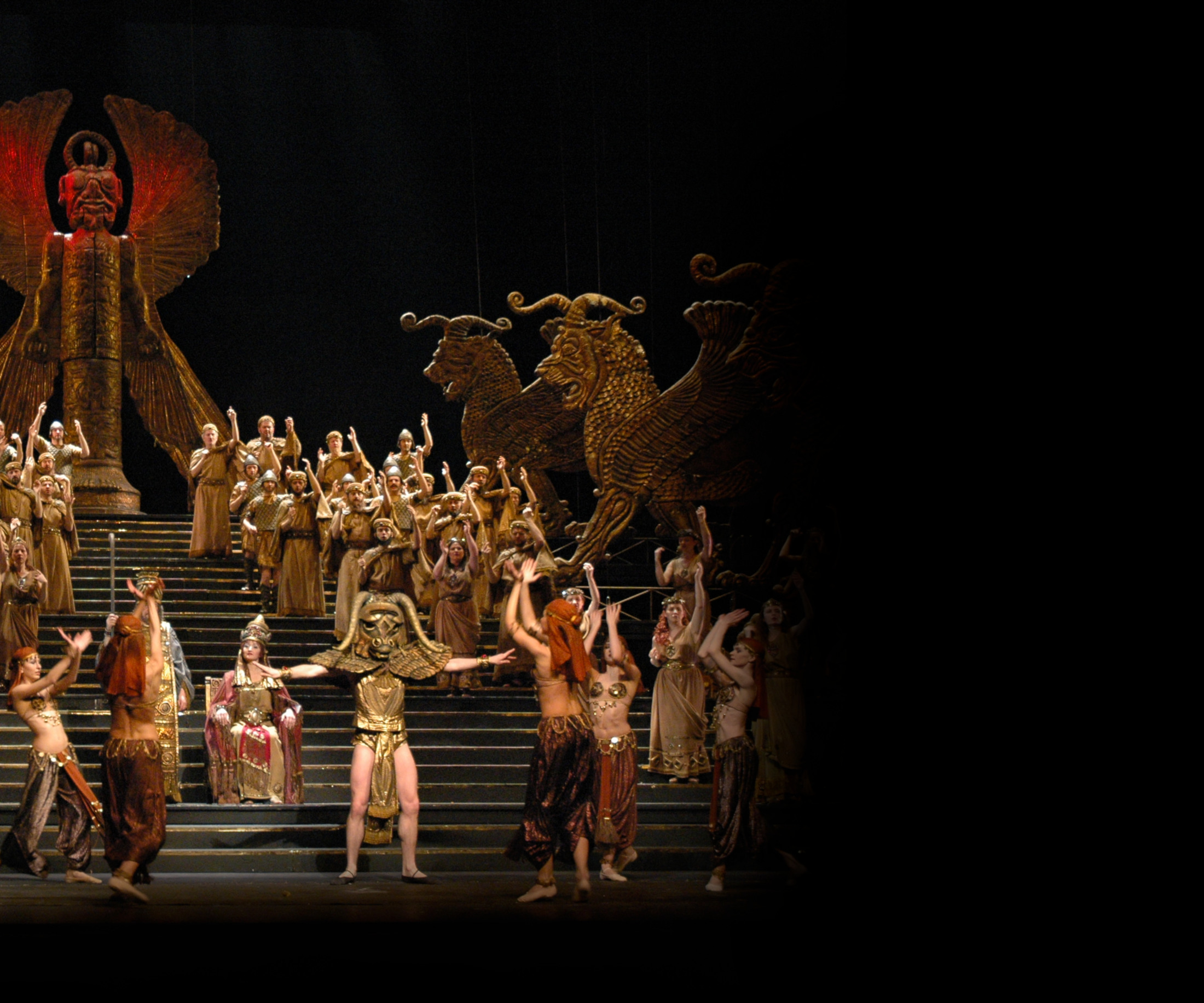
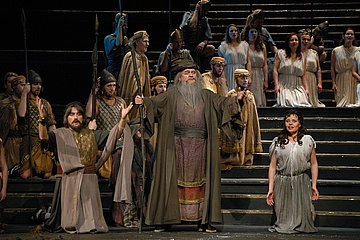
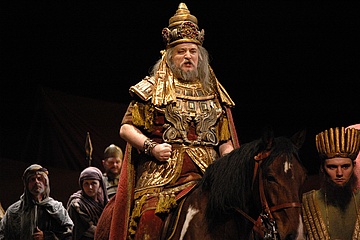
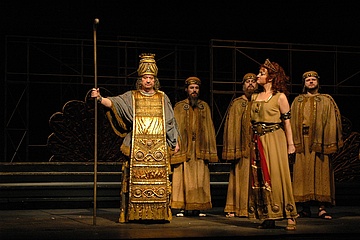
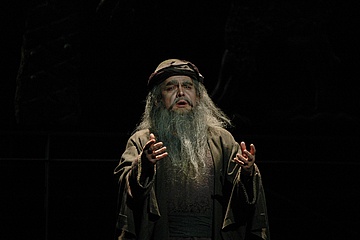
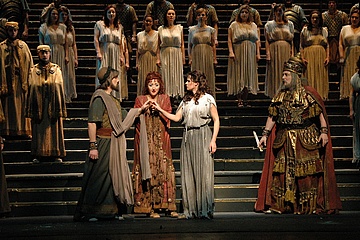
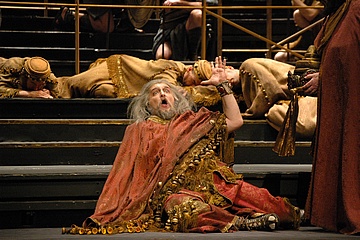
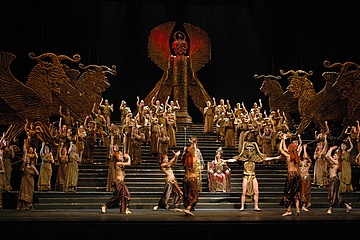
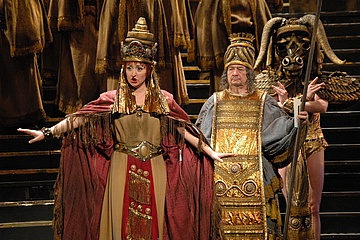
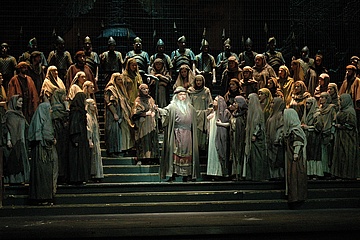
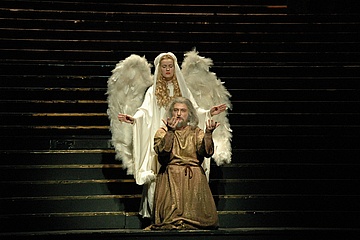
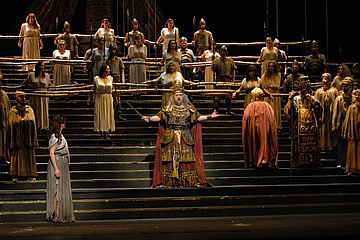
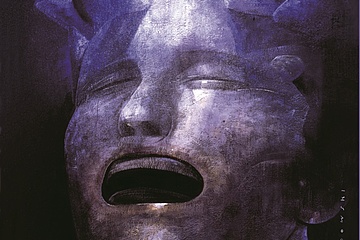
 Dominik Sutowicz
Dominik Sutowicz  Iurie Maimescu
Iurie Maimescu  Lilla Lee
Lilla Lee ![[Translate to English:]](/fileadmin/_processed_/c/c/csm_Agnieszka_Rehlis_081_internet__2024_-_kwadrat_34d4c8a265.jpg) Agnieszka Rehlis
Agnieszka Rehlis  Katarzyna Trylnik
Katarzyna Trylnik  Krzysztof Szmyt
Krzysztof Szmyt  Grzegorz Szostak
Grzegorz Szostak  Krzysztof Szumański
Krzysztof Szumański  Matteo Suk
Matteo Suk  Jadwiga Postrożna
Jadwiga Postrożna  Nikoloz Lagvilava
Nikoloz Lagvilava  Tadeusz Kozłowski
Tadeusz Kozłowski ![[Translate to English:]](/fileadmin/_processed_/4/8/csm_Weiss_cb_67bb2fafc5.jpg) Marek Weiss
Marek Weiss 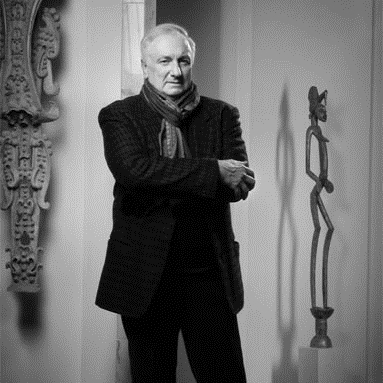 Andrzej Kreutz Majewski
Andrzej Kreutz Majewski ![[Translate to English:]](/fileadmin/_processed_/f/4/csm_Emil_Wesolowski_fot._Pawel_Roslon_mini__e5d48cae55.jpg) Emil Wesołowski
Emil Wesołowski  Jerzy Bojar
Jerzy Bojar 





